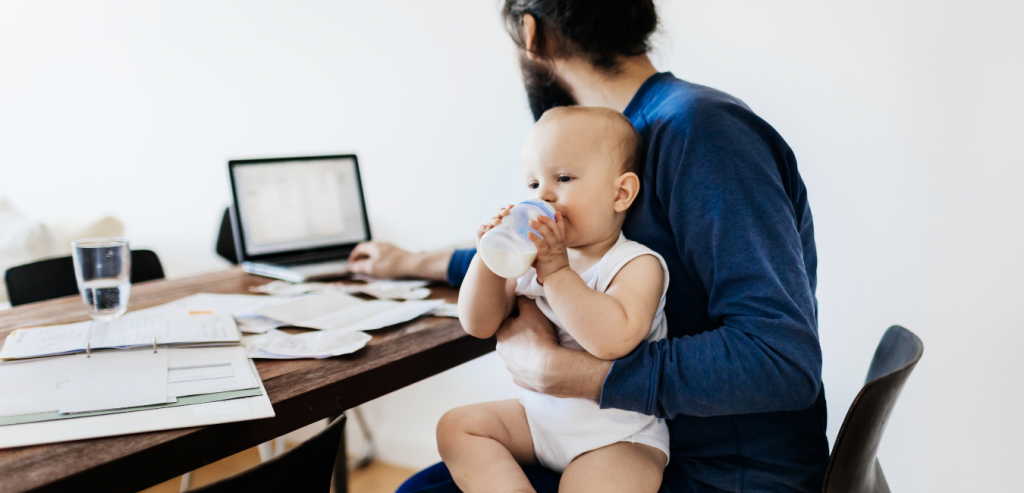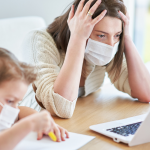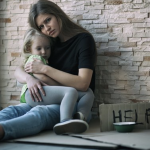Numerous research studies on COVID-19 impacts on single parents and married parents have been conducted since the start of the pandemic. While the phenomenon has been challenging for many of us, evidence suggests it has been extra difficult for single parents.
Let’s find out more.
COVID-19 Impacts on Single Parents
The pandemic affected our lives in many different ways. Working from home has become the new normal. But it does not address some of the most pressing issues that were already present pre-pandemic. It might even have made some problems worse.
Increased Mental Health Issues in Employed Parents
Mental distress, lost jobs, and closed businesses are just a few of the COVID-19 impacts on single parents. But even parents who were able to keep their jobs say they have been experiencing mental health struggles during the pandemic.
Work can provide you with a sense of self-worth, a source of identity, purpose, and of course, financial resources. This is why employment can play a vital role in your mental health. The pandemic rendered this untrue.
Employed parents are now as distressed as their unemployed counterparts. What is especially noteworthy is that employed parents with primary school-aged children are reporting an increase in mental distress. They are more stressed if they are employed than if they are unemployed.
Work-family conflict is an issue many single parents have to deal with. The pandemic made it worse.
Single parents who have dependent children need urgent help. The number of parents going through high levels of mental distress is now at 24 per cent. This is three times more than at the beginning of the pandemic. Meanwhile, the rate of increase is much slower for Australians who have no children living at home.
Exacerbated Hardships for Single-Income Families

Another remarkable finding from the research is that the rise in mental distress is higher in fathers than mothers. Further, a partner’s employment is more important now than before the pandemic.
Again, the effect is greater for fathers. Their partner’s employment status had zero effect on men’s mental wellness pre-pandemic, but it has become consequential now.
These findings make us wonder. How about single-parent families who don’t have a second income to depend on?
Increased Gender Gap in Employment

In Australia, women’s unemployment during the pandemic is higher than men’s. Young women are more likely to become unemployed due to COVID-19 compared to men. These findings suggest that this might be because more women belong to sectors affected by the pandemic. Their responsibilities of taking care of family might also be another reason.
The pandemic severely affected both men and women, but women experienced a greater impact in multiple areas including employment.
In Australia, women’s unemployment during the pandemic is higher than men’s. Young women are more likely to become unemployed due to COVID-19 compared to men. These findings suggest that this might be because more women belong to sectors affected by the pandemic. Their responsibilities of taking care of family might also be another reason.
Women’s re-entry into employment is also slower. The hiring rate is lower, and hiring into leadership roles is delayed.
While some women kept their jobs throughout the pandemic, many have changed or reduced their working hours more than men. Some even withdrew from leadership roles and promotions.





